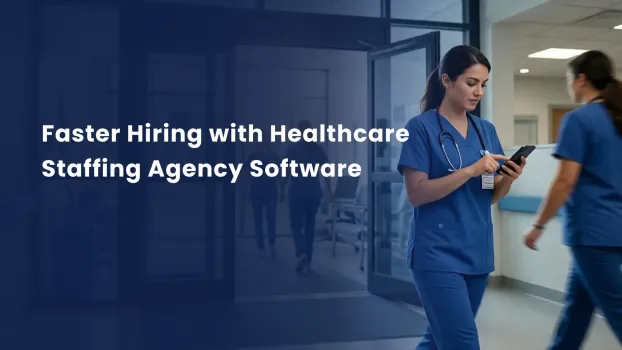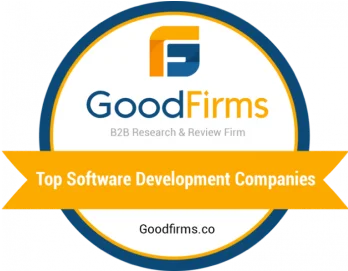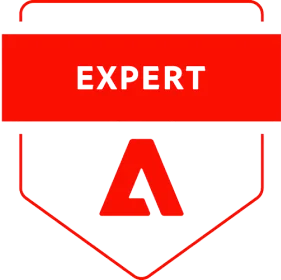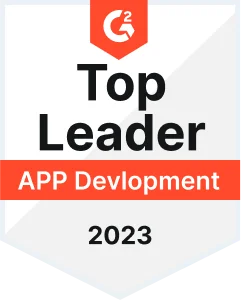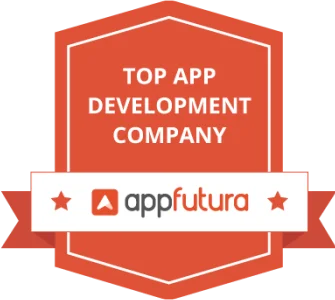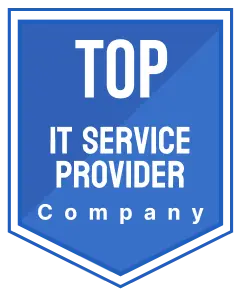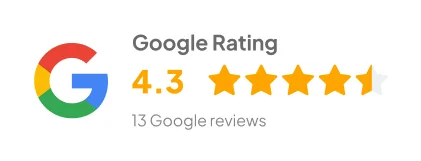Do you have an app idea that you are unsure about? Do you lack the insight about where to begin? If you are trying to create an app, testing the idea's viability is the most critical point. Exploring if the users will engage. If the idea is financially viable and more. This is where the MVP for app development comes into play, it’s your testing ground, your proof-of-concept.
For many founders navigating app development for startups, the journey from idea to traction feels chaotic. You don’t need a massive team from day one, you need focus. That’s why savvy entrepreneurs often hire dedicated resource professionals. Why? Because precision beats size. A compact team aligned with your goals can iterate fast, validate features, and reduce burn.
What’s more cost-effective than full-stack hiring? Building smart with a lean squad that’s agile, invested, and aligned. Want to impress investors, reduce development risk, and move faster? Then understand this: Your MVP is more than a test, it’s your launchpad. Let’s break down how to do it right.
Validate App Idea with Market Research for App Ideas
App idea validation begins with sharp market research for app ideas, digging beyond surface trends and uncover behavioral gaps, overlooked segments, and unspoken demands. To validate app ideas efficiently, focus on friction points users face daily, not just what’s trending on app stores.
Use data-led tools, micro-community insights, and platform behavior mapping to gain traction in your niche. This is where the foundation of viability testing of startup idea validation comes into picture, transforming vague assumptions into concrete signals that guide product direction with clarity.
Startup Idea Validation: Define Your Target Audience
For a viable concept, the power of clarity is what helps you understand more clearly about your user persona. Startup idea validation hinges on your ability to trace real user struggles rather than assumed desires. Surface-level demographics won't suffice, map psychological triggers, behavioral loops, and intent signals.
Start by developing persona matrices that highlight motivations, limitations, and contextual decision-making patterns. Move beyond job titles and income brackets; focus on environments they navigate and the digital habits they’ve formed.
To validate app ideas with depth, don’t rely on feedback forms. Instead, conduct conversational interviews. Communicate with people who understand the emotional burnout behind frustrations and workflows and can check the viability or provide feedback.
This communication helps you to create a better mobile app business plan with built in features and proper positioning, retention strategies, and revenue mechanics. Value isn’t created in code, it’s unearthed in unmet expectations.
By placing audience understanding at the core, your app development for startups becomes less about invention and more about alignment. Build for reality, not fantasy.
Key Focus Areas:
- Behavioral profiling over basic demographics
- Context-rich user interviews
- Insight-driven product positioning
These signals define your MVP for app development needs with feedback from Real users.
How to Test App Idea Before Development
Before a single line of code is written, you need concrete proof that users care. How to test app ideas effectively begins with minimal commitment experiments, your first step should be a simple landing page with a call-to-action that gauges genuine interest.
Go beyond page views, connect an email waitlist or use targeted social media ads to test not just visibility, but conversion. Every click, scroll, or abandoned field tells you something.
Once you’ve measured intent, take it further with app prototype testing. Use interactive mockups to simulate the experience without building the backend. Tools like Figma or Marvel let users explore your concept, and give you unfiltered reactions.
These insights won’t just shape your MVP for app development, they’ll serve as ammunition when learning how to pitch app idea to investors.
Hire dedicated resource for faster time to market and vision sharing in more affordable and high-quality. These dedicated resources work aligned with you in a proper roadmap established saving months of misdirection later.
Core Focus:
- Measure intent, not guesses
- Test flows, not features
- Use data to persuade backers
- Leverage specialists early
Mobile App Business Plan for Startup Success
Start with the app's core value, define the audience, and learn how to make money with it. Support it with insights from app prototype testing and your MVP for app development to keep your plan grounded in reality. A solid plan builds investor trust and keeps development focused. Make every section purposeful and aligned with your app’s long-term vision.
How to Pitch App Idea to Investors with Confidence
Investors don’t buy into ideas, they buy into clarity, validation, and velocity. Begin with your app idea validation metrics: show hard evidence like email waitlists, prototype interactions, and MVP usage patterns. These aren't vanity numbers, they’re behavioral proof.
Support your vision with a sharply crafted mobile app business plan. Map your monetization path, growth assumptions, and cost structure. Include data-backed projections, not speculative charts. Highlight your market positioning through competitor insights and early adopter feedback.
But numbers alone don’t close deals. Highlight your hire dedicated developers team strategy, show you’ve built with speed, efficiency, and adaptability. VCs want to know your tech stack is not just scalable, but handled by people who understand lean execution.
Moreover, the need is to focus on traction, along with the tech. Understand and share milestones clearly and keep a note of the lessons learned.
Areas to Consider
- Validation > Vision
- Proof > Potential
- Execution Team > Idea Alone
Hire Dedicated Developers Team After MVP Validation
Once your MVP has confirmed product-market fit, the next logical step is execution at scale. That’s where the need to hire dedicated developers team becomes critical. Because now the point is not only restricted to coding but to decision making, validations, and developing with an intent, preciseness, and quickly to keep the users satisfied and engaged.
Build a team which goes beyond coding and works ethically to bring your vision to life. Hire dedicated developers who think beyond writing a code and provide innovative solutions in the custom products and scale effortlessly without long term commitment.
Sometimes, it’s not a full team you need. You might just need to hire dedicated resource, a senior backend developer, a UI/UX specialist, or a QA analyst who brings in deep focus to fix bottlenecks and accelerate feature rollouts.
With WeboConnect, get flexible and scalable hiring models for startups in Germany. From a full-stack team to a dedicated resource, find anyone aligned with your goals as well as time zone.Meet deadlines and avoid hiring before every project.
With the right people in place, your app’s evolution becomes smoother, faster, and far more efficient. Don’t just build, build right, with the right minds behind the machine.
WeboConnect Helps You:
- Scale fast after MVP success
- Access startup-savvy developers
- Fill expert gaps with dedicated resources
In The End
In the beginning, app development for startups demands clarity not only about the product you want to create but also the pathway, hiring model, time to market, and execution details. An MVP for app development is the foundation that your target audience judges and provides improvement in. And this is when you hire dedicated resources for a faster time to market.
Hiring freelancers or overloading your in-house team causes burnout and never helps in creations that lead to user satisfaction. Instead hiring developers who are well-versed with startup agility creates faster iterations and provides aligned outcomes. When you are looking to build a product that calls for bringing your vision to life, hire dedicated resources who can scale with you.

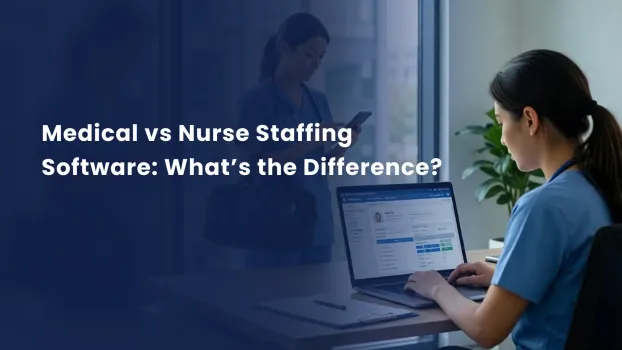
_thumb.webp)
_thumb.webp)

